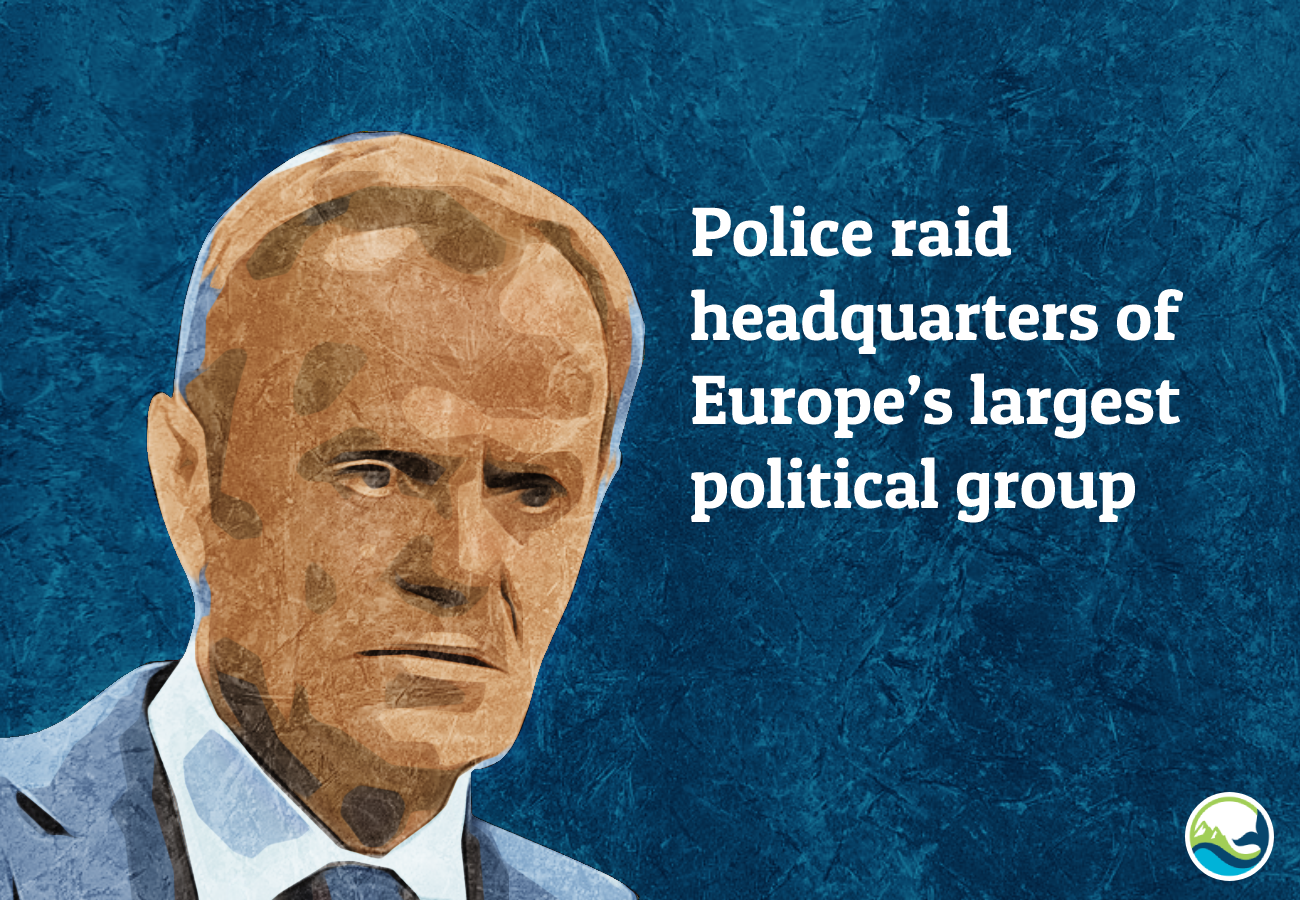
Police raid headquarters of Europe’s largest political group
31 Mar 2023 ( Financial Times )
Belgian and German police raided the headquarters of the European People’s party in Brussels on Tuesday, in the latest move by authorities to probe alleged corruption in EU politics.
Police seized documents from the EPP, Europe’s largest political grouping, as part of an ongoing investigation into alleged corrupt dealings by a regional German party official in the 2019 EU election campaign.
The raid comes amid a separate Belgian police investigation into foreign influence inside the European parliament that has seen lawmakers and officials arrested and charged with corruption, and sparked demands for an overhaul of anti-graft measures across EU institutions.
The EPP said it was “co-operating in full transparency with the authorities involved, providing all relevant information and documentation”.
The raid is related to investigations launched last October into two contractors hired in 2019 as part of the party’s digital campaigning for that year’s European elections, and is not related to current EPP staff, two party officials told the Financial Times.
Hannes Grünseisen, spokesman for the prosecutor’s office in the Thuringian capital Erfurt, said the target of the investigation was Mario Voigt, leader of the Christian Democrats in Thuringia. Voigt had been instrumental in devising the EPP’s digital campaign in 2019.
Germany’s Christian Democrats are members of the EPP, including EU commission president Ursula von der Leyen. The European parliament’s president Roberta Metsola and the leaders of Sweden, Greece, Slovakia, Ireland, Romania, Croatia, Latvia and Cyprus are also members of the centre-right political family. The EPP is the largest political group in the European parliament, with 175 of the chamber’s 705 members.
Since September 2022, prosecutors in Erfurt have been investigating Voigt on suspicion of “corruption in commercial transactions”. For that reason, the raid on the EPP on Tuesday also involved investigators from the Thuringian police’s department of economic crimes.
Grünseisen emphasised that there was only an “initial suspicion” of corruption, meaning “there is just a possibility that [Voigt] is liable to prosecution”. He also stressed that the EPP itself was not accused of any crime. A statement carried by the German media from Voigt’s lawyers Norbert Scharf and Valentin Sitzmann said the prosecutors’ accusations were “unfounded”. “Our client rejected the charges already at the beginning of the investigation,” they said.
Grünseisen said investigators in Brussels were looking for documents relating to the awarding of a contract to an internet agency in the eastern city of Jena. Voigt had allegedly lobbied for the firm to receive the EPP contract, to help with its digital campaign for the 2019 election.
Prosecutors suspect that Voigt received money from the company after it was awarded the contract for the campaign. Investigators will be looking into whether Voigt was indeed involved in the allocation of the contract.
Voigt had always rejected the accusation of corruption.
Last year the regional legislature in Thuringia lifted Voigt’s parliamentary immunity, on a request from prosecutors. In October last year prosecutors and police searched Voigt’s home and offices.
SEE THE ORIGINAL ARTICLE


